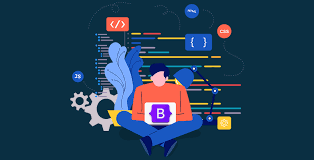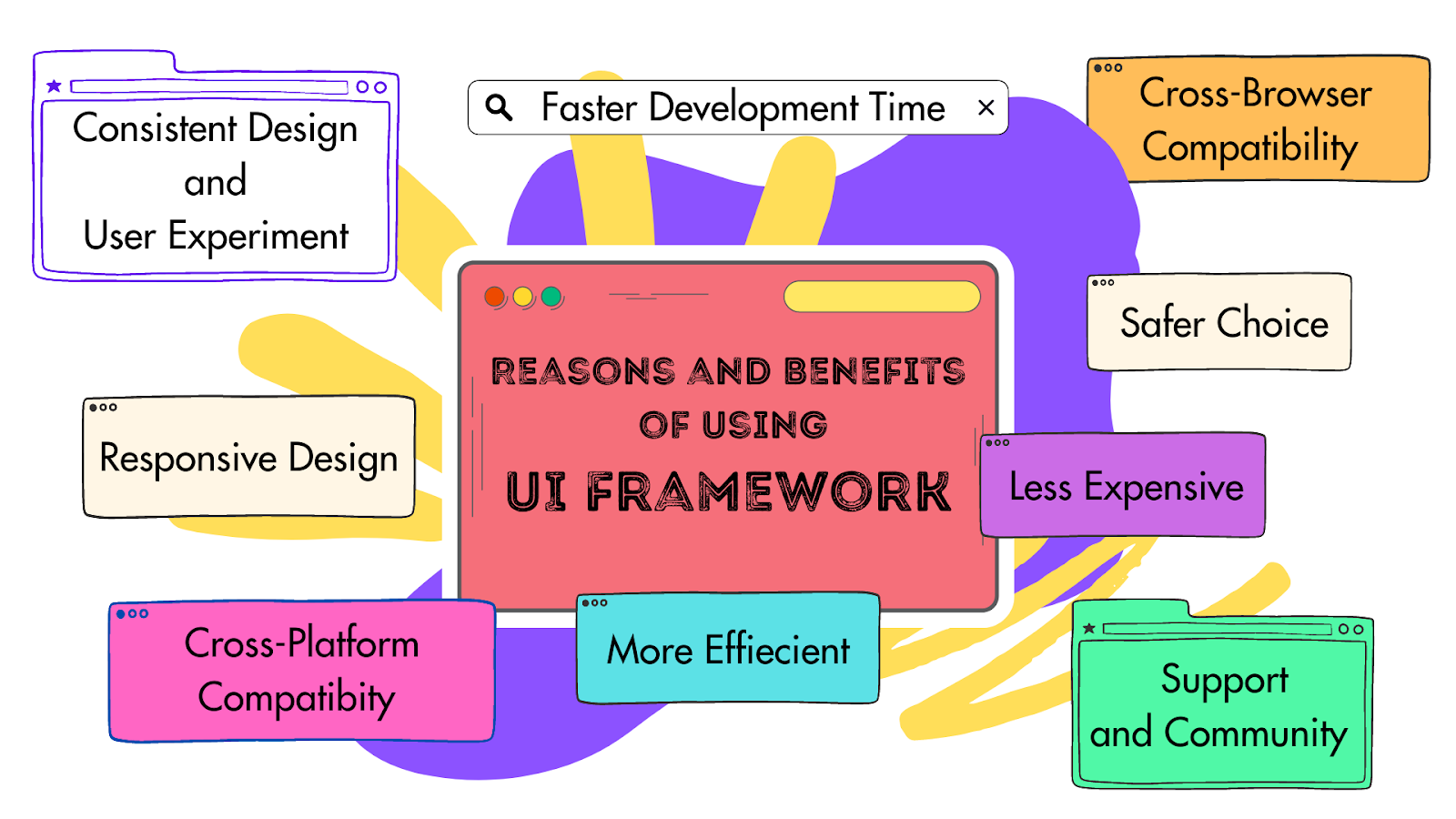The Pain and Beauty of Building User Inrterfaces
01 Mar 2025Why bother to use something like Bootstrap 5 for UI development?

In the beginning of my webdevelopment career, I was exposed to the bare HTML and CSS first, which was really interesting and exciting. However, as we got deeper and deeper in the material, things got way complicated. Soon after, I was introduced to Bootstrap 5, which is one of the most popular front-end frameworks used for web development. It includes elements from JavaScript, HTML, and CSS so that webdevelopment can be taken to another level. Initially I thought using Bootstrap 5 is a pain, however, it includes a lot of extras in a single component that would take multiple lines in HTML and CSS.
The difficulty and simplicity of Bootstrap 5
There are multiple ways to do the same thing in Bootstrap 5. For example, creating a column can be achieved by using the the following methods:
- col → Creates a flexible column that automatically distributes space.
- col-* (e.g., col-6, col-4) → Creates a column that takes up a fixed fraction of the grid (out of 12).
- col-sm-*, col-md-*, col-lg-*, col-xl-*, col-xxl-* → Responsive column sizing
(e.g., col-md-6 makes it half-width on medium screens and larger).
- col-auto → Column size based on content width.
- col-12 → Forces full-width column.
The fact that there are so many options can be overwhelming. However, these properties make webdevelopment clean and neat, providing a consumer friendly website which is mostly easy to use and understand.
Benefits of UI frameworks
UI frameworks provide multiple advantages in software engineering, including accelerated development, uniform design across applications, and responsive components. They ensure cross-browser compatibility, minimize code redundancy, and enhance maintainability.Other benefits are shown on the picture below.

As a conclusion, building websites is fun as long as you have the right tools to do that. Bootstrap 5 is a perfect and easy tool to use. Remember, practice makes perfect, and don’t pull your hair too hard if you cannot get it right for the first time:)